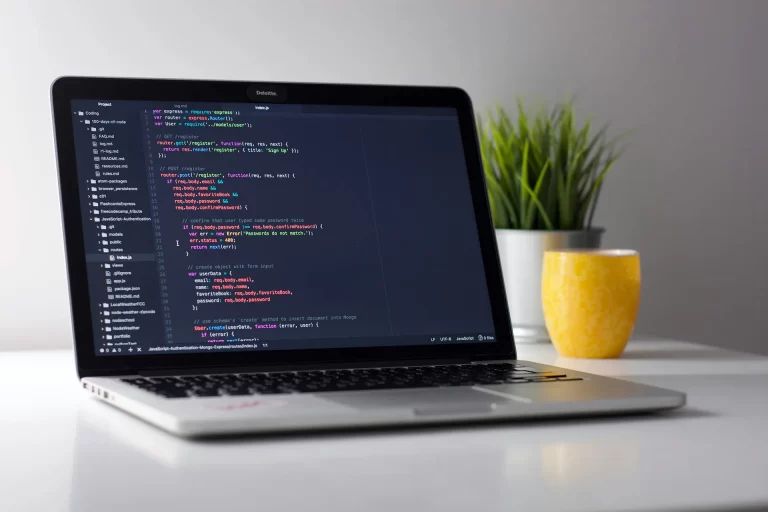With the rise of AI-powered tools like ChatGPT, web scrapers, and automated bots, website owners face a unique challenge: balancing the accessibility of their content with protecting it from unwanted usage. This is where AI blockers come in. These tools aim to limit or prevent AI-driven systems from accessing, analysing, or misusing your website’s content.
In this post, we’ll explore what AI blockers are, how they work, and whether they’re the right choice for your website.
What Are AI Blockers?
AI blockers are software or scripts designed to restrict access to your website’s content by AI-based bots or scrapers. These blockers can prevent AI systems from using your data for purposes like training language models, generating automated responses, or collecting data for analysis.
They work by identifying specific patterns of access or user-agent details linked to AI tools. For example, OpenAI allows website owners to block their bots by adding a line to their robots.txt file.
Why Use an AI Blocker?
There are several reasons why website owners might consider implementing an AI blocker:
- Protecting Intellectual Property
If you produce unique content, you may not want it used without permission to train AI models or populate other platforms. - Preserving Bandwidth
Automated scraping by AI tools can put significant strain on your server, slowing down performance for genuine users. - Enhancing Data Privacy
Some website owners want to ensure their users’ data isn’t being accessed by AI bots, especially if it’s sensitive or private. - Preventing Competitive Exploitation
Competitors may use AI tools to scrape your website for pricing, strategies, or other information. Blocking these tools can help protect your business.
How Do AI Blockers Work?
AI blockers employ several methods to restrict access:
- User-Agent Detection
Many AI bots identify themselves through their user-agent string. For example, OpenAI’s web crawler identifies itself asOpenAI-User. Adding these user-agent strings to yourrobots.txtfile or blocking them via server settings can prevent these tools from accessing your site. - IP Blacklisting
If certain IP addresses are associated with AI bots, you can block these from accessing your site entirely. - Captcha Challenges
Implementing captchas can help differentiate between human users and bots, ensuring only real users can access your content. - Behaviour Analysis
Some advanced AI blockers monitor behaviour on your site, such as the speed and frequency of requests, to flag and block suspicious activity.
Should You Use an AI Blocker?
While AI blockers provide clear benefits, they aren’t for everyone. Here are some considerations:
- Pros:
- Protects your intellectual property.
- Reduces server strain caused by bots.
- Offers greater control over who accesses your content.
- Cons:
- Limits legitimate use cases, such as accessibility tools or indexing by search engines.
- Requires ongoing maintenance to keep up with new AI bots and methods.
- May not fully block all bots, especially advanced ones that mimic human behaviour.
How to Implement an AI Blocker
If you decide to use an AI blocker, here are some steps you can take:
- Edit Your robots.txt File
Add specific rules to block known AI crawlers. For instance, to block OpenAI’s bot:User-agent: OpenAI-User
Disallow: / - Use a Web Application Firewall (WAF)
A WAF can help block unwanted traffic, including known AI bots. - Monitor Website Traffic
Use analytics tools to identify unusual patterns that may indicate bot activity. - Update Regularly
As AI technology evolves, so do bots. Regularly update your blocker settings to stay ahead.
Conclusion
AI blockers can be a valuable tool for website owners looking to protect their content and resources. However, they should be used thoughtfully to avoid unintentionally blocking legitimate users or tools. By understanding the capabilities and limitations of AI blockers, you can make an informed decision about whether they’re the right fit for your site.







